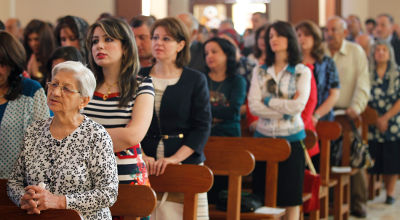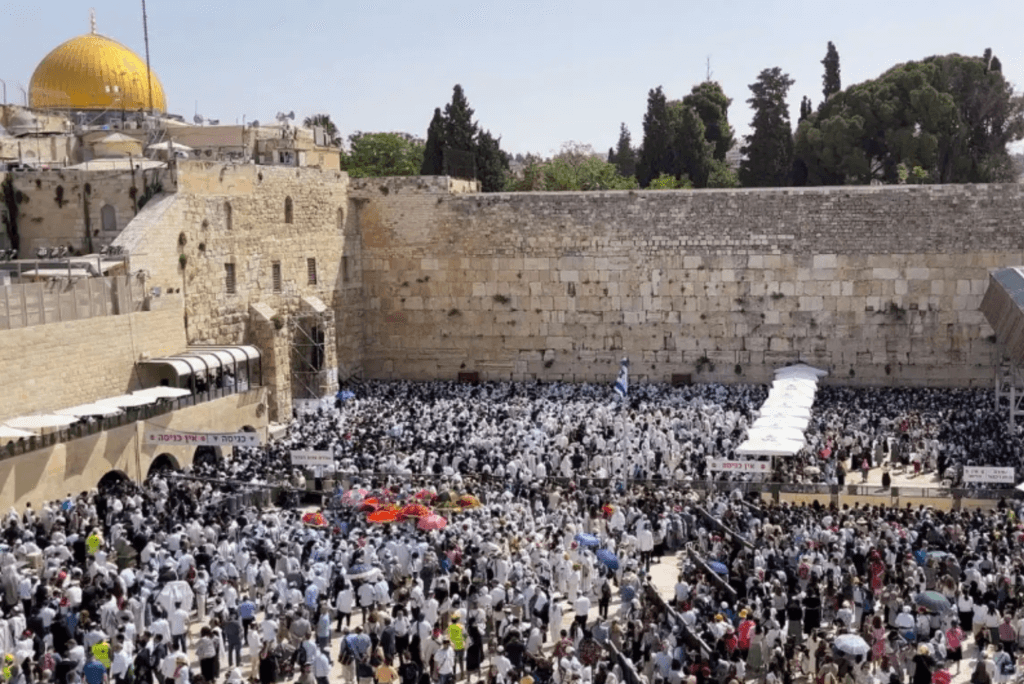Iraq’s Christian heritage can be compared to its wetland marshes. Christ-followers in Iraq date back to the first century, making it one of the oldest Christian communities in the world. But today, Christianity in Iraq is under serious threat. Similarly, the wetland marshes—once teeming with flora and fauna—were drained to desert over a decade ago.
What’s more, it seems this attitude is part of a growing trend. Open Doors minister-at-large Paul Estabrooks explains, “The Christians are being told, ‘We want a Muslim-only nation. We do not want any Christians here.’ This is similar to what is going on today in northern Sudan.”
As a result, Christians in Iraq continue to be targets of violent attacks.
“When the Iraq war began, Muslim extremists in Baghdad targeted one whole community called Dara, where the Christians lived in Baghdad,” Estabrooks notes. “Today, just about every one of those Christian families has been driven out of the subdivision in which they lived.”
While the overthrow of Saddam Hussein in 2003 may have been a victory for coalition forces, ongoing changes in leadership have been a disaster for Iraqi Christians.
Estabrooks says, “As each attack against Christians occurs in recent weeks and days, there are more and more concerns that Christians will continue the exodus.”
Reports from Open Doors field workers indicate anti-Christian sentiment is only growing. “From a city like Mosul, armed men shot a Christian right in front of his home. Another one had a bomb thrown in his yard,” Estabrooks says.
In 2003, there were more than 1 million Christians in Iraq. A decade later, only a third of this number remains. The saddest part of this story, says Estabrooks, is the loss of history. Christians have been part of the fabric of Iraqi society since the beginning. During the seventh century, Islam took over and the Christians were hard-pressed, but they survived. That’s what makes this modern-day “religicide” a travesty.
“Even though they were second-class citizens at the time, they were able to survive through the challenges and the pressure of that [seventh-century] era,” Estabrooks says. “Now, even these denominations are saying, ‘If more and more Christians keep leaving or get killed, then there will be no church left in this country.'”
However, some church leaders are not content to sit quietly while violence decimates their homes. Louis Raphael I Sako, the newly elected Chaldean Catholic patriarch of Iraq and Syria, urges Christians to stay.
“We must stay,” Sako pleads. “This is our history. This is our cultural heritage. When we leave, everything will leave with us.”
As he reads the field reports, Estabrooks echoes that sentiment: “There’s a sense in which the salt and light Christians [bring] must remain there. This is the appeal Christians are making to us for our prayers on their behalf.”
Does intercessory prayer make a difference? It must, says Estabrooks. “It is the only recourse we really have, other than giving awareness to the international community of this kind of ‘religious cleansing’ that seems to be going on.”
According to the Open Doors 2013 World Watch List, there are only an estimated 330,000 to 350,000 Christians left in Iraq. There were more than 1.2 million Christians in Iraq in the early 1990s. Many believers have fled to Jordan and Lebanon or to the northern Kurdish region of Iraq. Iraq is ranked No. 4 on the Open Doors list of the worst persecutors around the globe.
Despite the doom and gloom of this story, it does include a bright note. Dreams and visions of Christ are commonly reported throughout the Middle East and North Africa as the rise of Islam continues. Even as reports of “religicide” pour in, people are accepting Christ as Savior. Mentoring these new Christians falls on the shoulders of the few church leaders left in the area.
The Open Doors ministry in Iraq is coming alongside this remnant and providing trauma counseling, biblical training for church leaders and Muslim-background believers, distribution of Bibles and Christian literature, community development projects and help for internally displaced peoples in Kurdistan.
Remember the comparison we made at the beginning of this story? Recently, an Iraqi civil engineer came to the wetlands and organized a careful breach of the dams that diverted the waters of the Tigris and Euphrates. Within months, the desert landscape was teeming with life, seeds sprouting from a dry land nearly abandoned to war.
So it has the potential to be with the seeds of the church in Iraq.
See an error in this article?
To contact us or to submit an article






















